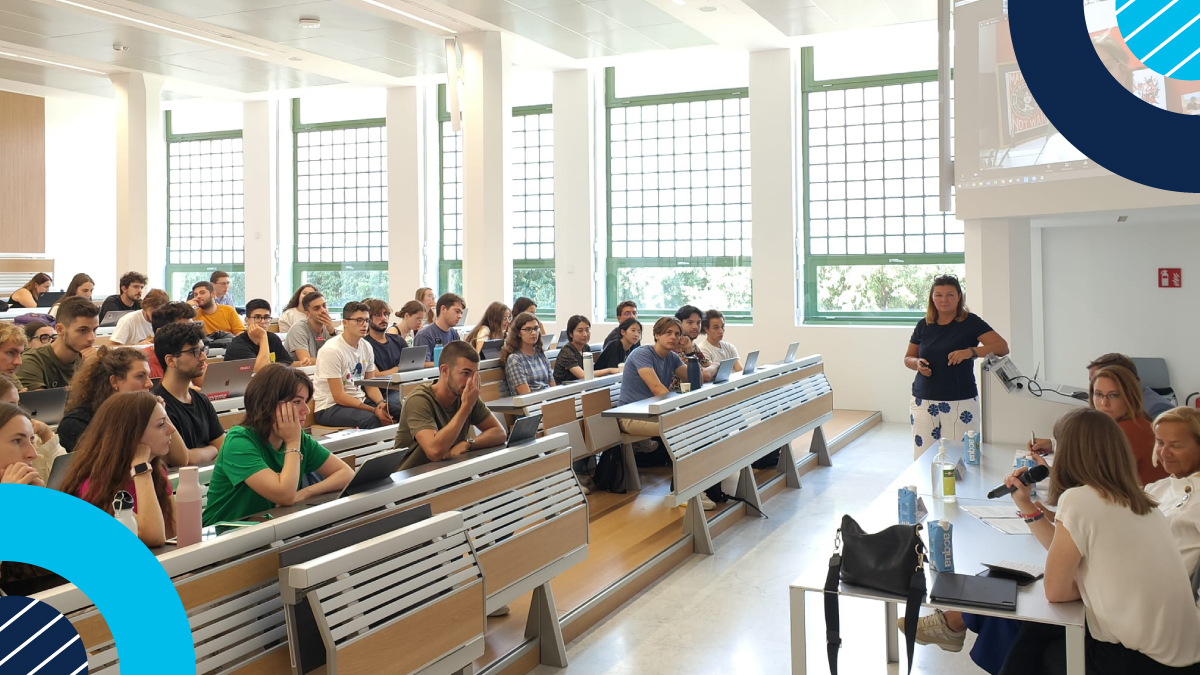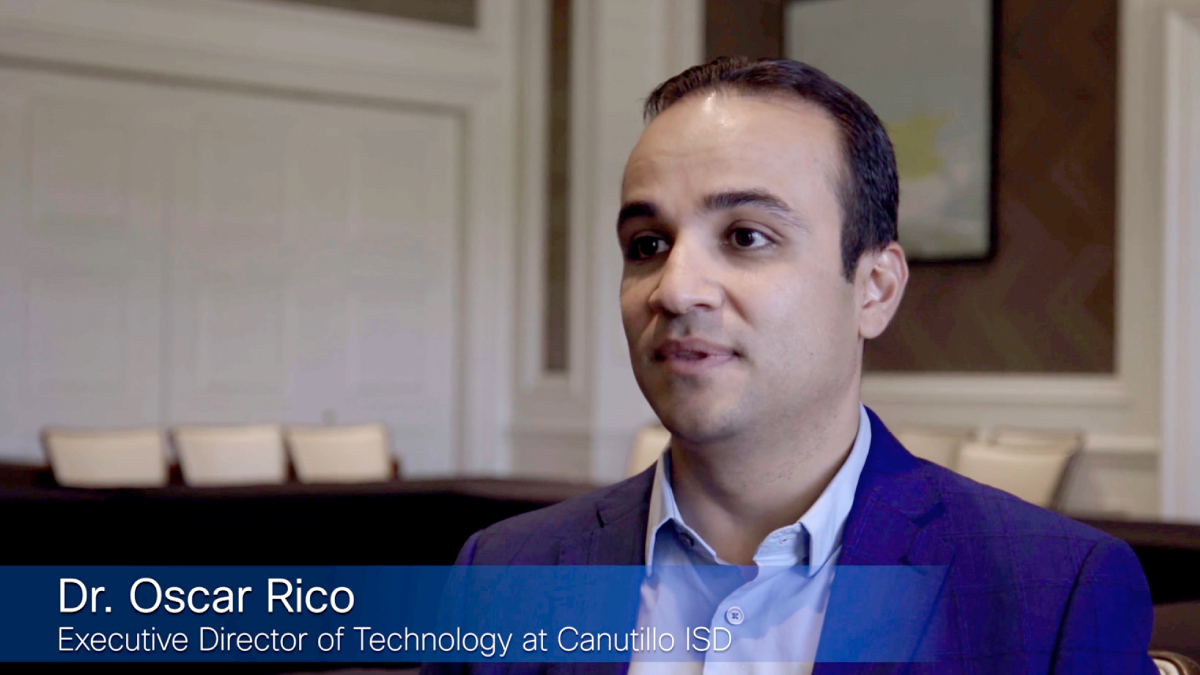SOFIA, Bulgaria - March 12, 2008 - Cisco® and the Bulgarian State Agency for Information Technologies and Communications (DAITS) today announced the opening of Southeast Europe's first lab for training and research in Internet Protocol version 6 (IPv6). The lab's networking and communication equipment is being donated by Cisco.
Located in the Bulgarian capital city of Sofia, this is Europe's second IPv6 lab, after the one operated by RENATER, the French national research network in Paris. The laboratories will be interconnected to enable sharing of resources and access.
The objective of the lab is to provide an open environment for validating solutions, network setups and applications built on the next-generation Internet Protocol, known as IPv6. Internet experts, including academics, government administrators and telecom specialists can be trained, both on-site and through virtual access, on innovative ICT solutions relating to the adoption of IPv6.
"As a company that has its roots in education, we are very pleased to support the research community in Bulgaria and the whole of Europe with this donation. Cisco's intention is to act as a catalyst to accelerate technology innovation. As our countries are building out their communications infrastructure, we see a unique opportunity for local academics and entrepreneurs to develop new technologies and applications around future standards such as IPv6." said Kaan Terzioglu, vice president for Central and Eastern Europe at Cisco.
The laboratory will be managed by the Bulgarian Research and Education Network (BREN) in cooperation with DAITS. BREN's specialist team is already participating in the 6DEPLOY project funded by European Union's Seventh Framework Program, which involves 13 institutions from all over the world and aims at disseminating knowledge about IPv6 and supporting its deployment.
Backgrounder on IPv6
Due to the spectacular growth in the adoption of the Internet and Internet-based technologies worldwide, public IP address space is becoming increasingly scarce. The current Internet Protocol version (IPv4) has a limited number of addresses remaining, which will last only until 2010 or 2011. The convergence of technologies and the increasing number of devices on the Internet also require new address space. For countries like Bulgaria, which joined in the later stages of IPv4 address allocation, IPv6 adoption represents an opportunity to manage the gap and be ready for the future of the Internet.
As the world prepares for the adoption of the next-generation Internet Protocol, education on IPv6 becomes crucial. The IPv6 lab in Sofia offers the opportunity to develop a solid knowledge base on the new protocol, which will help ensure the continuity of operation of institutions and companies.






